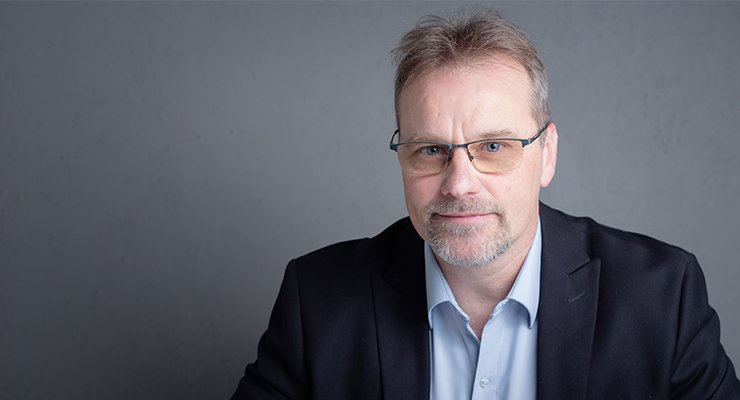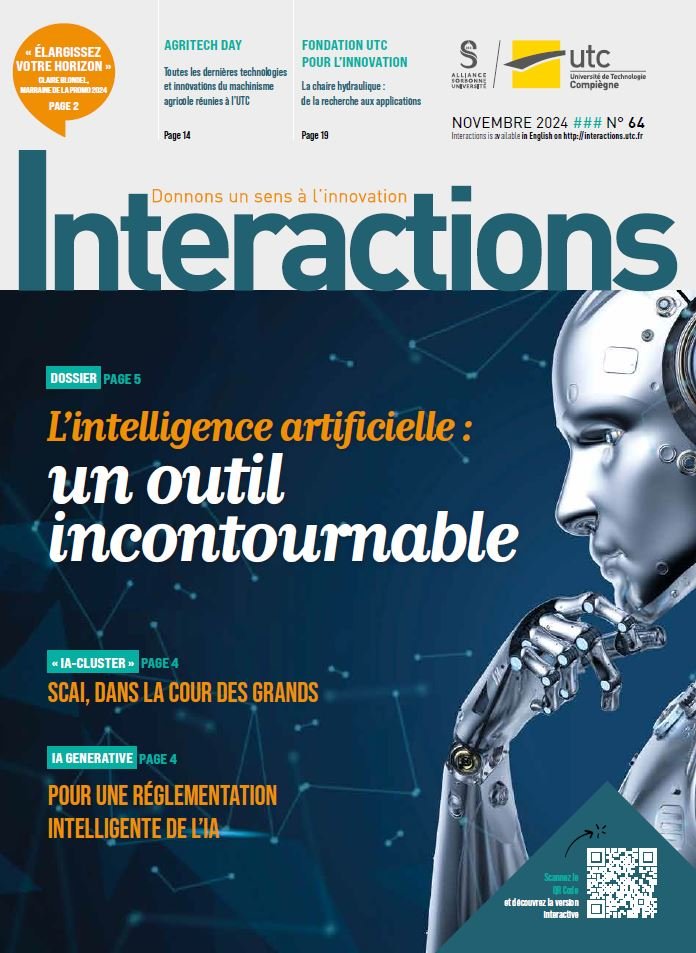AGEC : the challenge of recycling organic waste

Olivier Schoefs is a lecturer-cum-research scientist working in the TIMR process engineering department and has also been its director since 2022. He works with Frédéric Huet from the UTC-THS department on the Integration of a so-called Environmental, Economic and Social Dimensions (IDEES) project to develop a decision-making tool for local authorities.
His research focuses on environmental bioprocesses. In other words, the use of micro-organisms either in soil or water decontamination processes, for example, or to transform matter into high added-value products such as biofuels, biomolecules or biomaterials. These skills have led Olivier Schoefs to become interested in the recovery of local authority waste, particularly since the passing of the antiwaste law for a circular economy (AGEC) in 2020. This law requires local authorities to offer citizens solutions for recovering organic waste. These solutions cannot be standardised, because no two geographic areas are alike. «That’s where research can come in. The ideal solution doesn’t exist for everyone. Let’s take a look at two extreme examples.
In the first, the responsibility for recycling waste is delegated to citizens, who are given individual composters. In the second, the public is asked to sort their rubbish and the waste is collected, transported and recycled in an industrial plant. Neither of these scenarios offers any convincing advantages from an environmental, economic or social point of view. In the first case, the problem is not one of cost or transport, but one of ownership by the citizen and then it has to be done properly. Otherwise, it is a product that cannot be put to good use and which, if badly prepared, can even have harmful effects on the environment and on human beings. In the second case, there is certainly an economic cost, that of transport, but the recovery is optimal in industrial units, either by producing biogas or labelled composts, for example», he explains. These two scenarios show that tensions can arise between economic, environmental and social issues. Tensions that local authorities find themselves at a loss to resolve.
Hence the idea of the project Integrating Economic, Environmental and Social Dimensions (IDEES) in a circular economy approach, launched in early 2023 and co-financed by the Hauts-de- France Region, as part of the «circular economy and new development model» programme, and UTC. «The aim is to develop a decision-making tool by studying the various possible scenarios in order to provide decision-makers with objective information, bearing in mind that there may be hybrid scenarios between the two extreme scenarios mentioned. In rural areas, for example, individual composters are more appropriate and people are more inclined to use them, whereas in more densely populated areas the choice of collection and recovery in industrial units would be more appropriate. Recycling plants managed locally in a spirit of the circular economy», concludes Olivier Schoefs.




